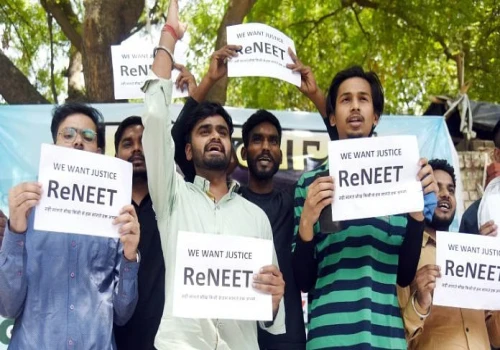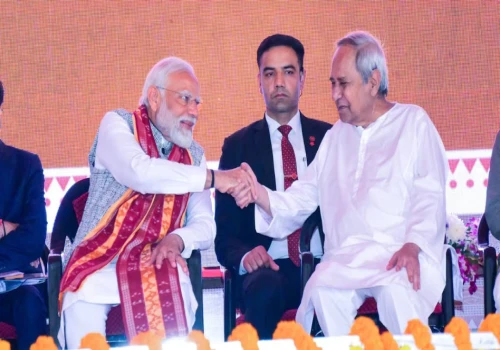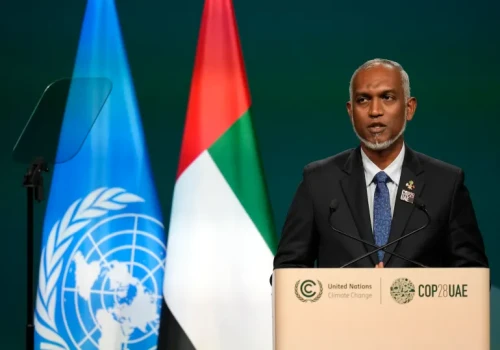
India's supreme court has invalidated the funding mechanism known as "electoral bonds," introduced by Prime Minister Narendra Modi's government in 2018 with the aim of enhancing transparency in political funding. This system previously permitted individuals and companies to contribute money to political parties anonymously and without any restrictions.
The ruling comes just under two months ahead of the general election. Thursday's judgment is viewed as a setback for Prime Minister Narendra Modi's Bharatiya Janata Party (BJP), as it has been the primary beneficiary of the system, receiving 57% of the bonds compared to the main opposition Congress party's 10%.
The court instructed the State Bank of India to cease the issuance of such bonds, disclose the identity details of the purchasers, and submit information regarding redeemed bonds by each political party to the Election Commission within a week.
The court emphasized that citizens possess the right and responsibility to hold the government accountable for its actions and inactions, a task that can only be achieved when the government operates transparently and is not shrouded in secrecy.
However, critics argue that the opposite is happening, and the donation process has become even more opaque. Although the bonds are not entirely anonymous, as the state-owned bank keeps records of both the donor and recipient, critics contend that this setup makes it convenient for the ruling government to access details and potentially "utilize" the information to influence donors.











